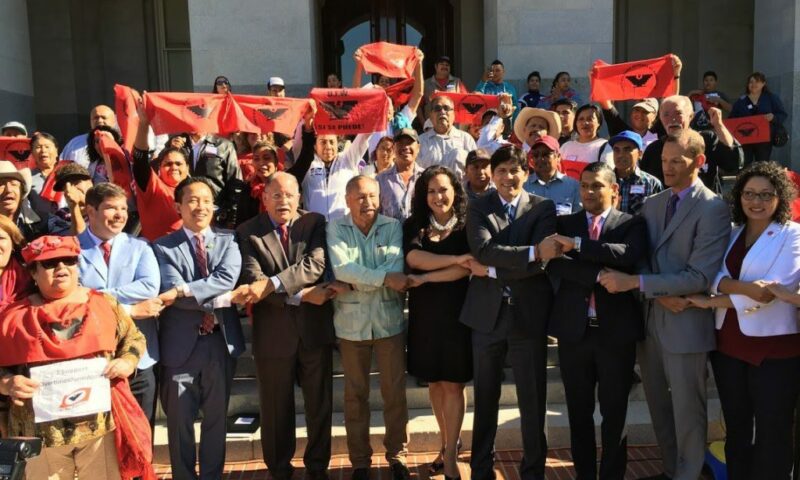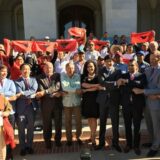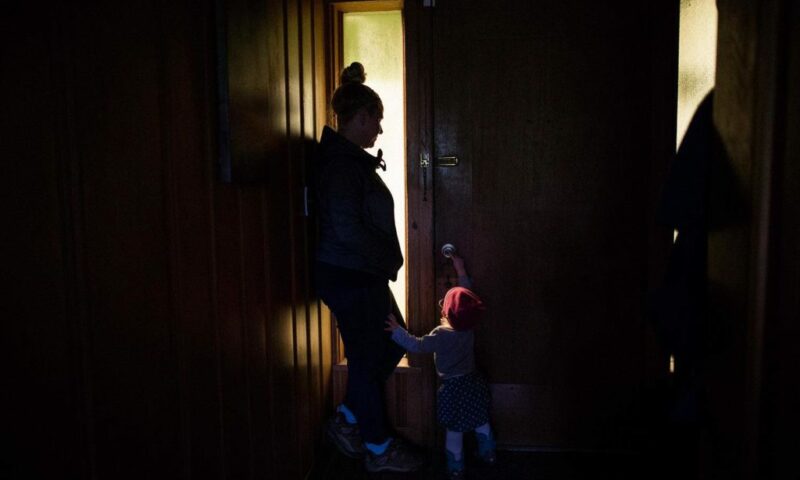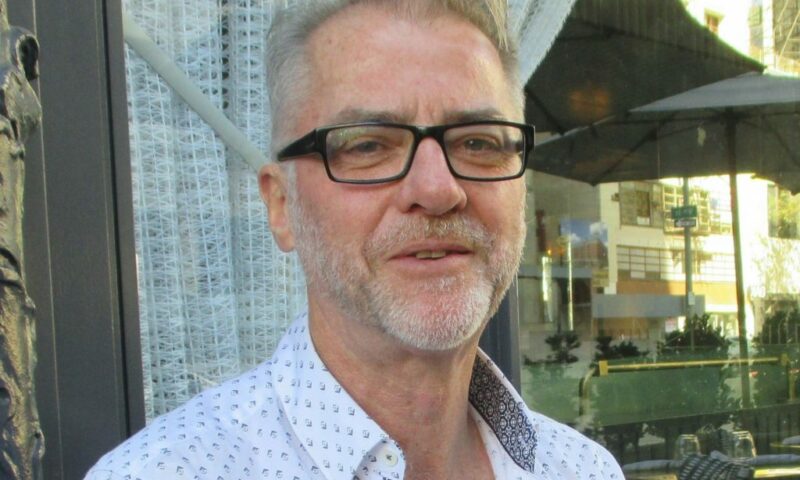LATEST NEWS


Editor’s Note: Pandora Young recently visited two medical marijuana dispensaries in downtown Los Angeles and in Sherman Oaks. This may be the last summer when recreational pot possession is a crime in California – if Proposition 64 passes in November, medical marijuana will no longer be the only legal way to obtain and use cannabis products.


When we speak of legalizing marijuana we are really speaking of the Great Cannabis Debate. Come November, Californians will vote on Proposition 64, the Adult Use of Marijuana Act, which could bring safety and security for both cannabis consumers and farmers, and the sales taxes accrued could provide much-needed revenue to our state.


Bill Raden reports on the Assembly’s approval of overtime pay for California’s farm laborers, based on an eight-hour workday.


In February of 2013, the employees of Wellness Connection, a medical marijuana provider based in Auburn, Maine, were worried about their product. They’d observed mold and fungus on their plants too often; bugs were infesting their work areas. Some of the chemicals they were being asked to use, such as the insecticide pyrethrin, had known health effects.


In his sunny office on the edge of town in Arcata, California, Scott Greacen pulls up a slideshow on his large high-resolution monitor. As wildflowers sway in the wind outside a window, a woodsy guitar solo starts to play along with the pictures. Greacen mutes it; he wants to focus on destruction.


Rural Trinity County is home to 13,500 people in Northern California and marijuana production is rampant there. Along with Humboldt and Mendocino counties, Trinity comprises California’s “Emerald Triangle,” a region known for its prolific marijuana farming. Hayfork is Trinity County’s second largest town, and an area of concentrated production.


As California voters prepare to make a historic decision about legalizing the recreational use of marijuana, promises and omens have become part of the debate.


Dean Kuipers on why Sacramento punted on Cap-and-Trade.


As Assembly Bill 1066, which would grant overtime pay to California farm workers, heads for a vote in the Assembly, farm workers and faith and civil rights groups are fighting for the votes needed to pass it.


Last week was a turning point. The U.S. Department of Justice’s (DOJ) announcement that it will wind down its use of private prisons is a major step in the struggle to end for-profit incarceration in America.


On Monday a divided California Supreme Court declined, without comment, to hear an appeal of a lower court’s decision in a case that had stoked a fierce national debate over public education.


Tony Sheldon, an internationally known trade unionist and the national secretary of Australia’s Transport Workers Union, recently attended a Las Vegas convention of world labor representatives, hosted by the Teamsters. Capital & Main caught up with him later in Los Angeles.


The premise for Blueprint for Paradise sounds like a punchline: Nazi sympathizers looking for someone to design a secret compound in Southern California decide to hire a leading architect — only to discover that he is African-American. But playwright Laurel Wetzork’s conceit is no joke. It’s based on real-life events.


The U.S. Department of Justice (DOJ) just announced its plans to end its use of privately operated, for-profit prisons to incarcerate federal prisoners.


Several years ago when my wife Susan and I traveled across Ireland by local bus, we headed toward a national cultural site a few miles beyond the nearest town. The route the bus took crossed a rural peninsula, and finally to the little community.


Seth Sandronsky reports that California rates No. 1 for family-friendly laws — even as new legislation is blocked in Sacramento.


Co-published by TIME.
Alissa Quart reports on how parents are navigating the increasingly expensive and unequal world of daycare.


Most Americans have limited knowledge of the history and hardships of ethnic groups and nationalities outside their own (despite the best efforts of progressive educators in some of our urban schools to have it otherwise).


Two weeks ago, the country’s second largest private prison company told its investors it had some bad news…


Paulina Gonzalez and Lori Gay on how a powerful lobby is blocking the extension of California’s community investment program.